
Ellen Mary Dykas
Ellen is the Director of Equipping for Ministry to Women for Harvest USA. She joined Harvest USA in 2007 as our first full-time women’s ministry staff. She’s authored several Harvest USA mini-books, a women’s curriculum, a devotional, and, most recently, Jesus and Your Unwanted Journey: Wives Finding Comfort After Sexual Betrayal. Ellen will now focus on producing new content and developing training for churches. She’s excited to build on her 16 years here through teaching, writing, and training. Ellen received her MA from Covenant Theological Seminary and a graduate certificate in biblical counseling from Christian Counseling and Educational Foundation (CCEF).
Ellen Mary Dykas
Ellen is the Director of Equipping for Ministry to Women for Harvest USA. She joined Harvest USA in 2007 as our first full-time women’s ministry staff. She’s authored several Harvest USA mini-books, a women’s curriculum, a devotional, and, most recently, Jesus and Your Unwanted Journey: Wives Finding Comfort After Sexual Betrayal. Ellen will now focus on producing new content and developing training for churches. She’s excited to build on her 16 years here through teaching, writing, and training. Ellen received her MA from Covenant Theological Seminary and a graduate certificate in biblical counseling from Christian Counseling and Educational Foundation (CCEF).


Called to Counsel Conference
Hosted by the Association of Biblical Counselors Do you want to go deeper in your understanding of complex issues? Are you looking for a conference that will offer in-depth classes on the issues you often face in your counseling ministry? ABC will be offering specialized tracks taught by leading practitioners in the field from which attendees…
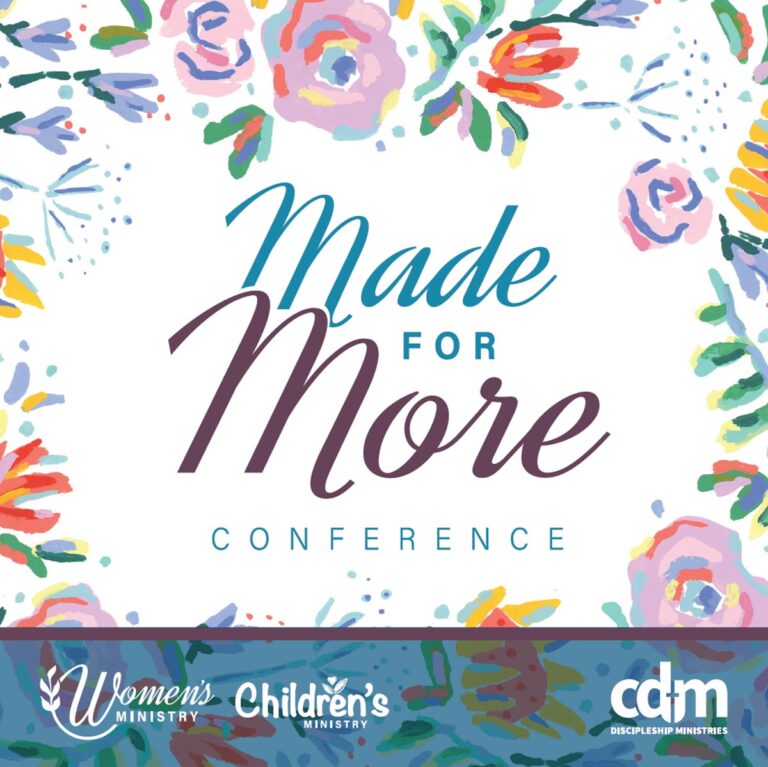
Made for More Conference
Ellen will teach at Made for More Conference (Women’s and Children’s Ministries of the PCA denomination)Annapolis, MD

Made for More Conference
Ellen will teach at Made for More Conference (Women’s and Children’s Ministries of the PCA denomination)

Made for More Conference
Ellen will teach at Made for More Conference (Women’s and Children’s Ministries of the PCA denomination)

Made for More Conference
Ellen will teach at Made for More Conference (Women’s and Children’s Ministries of the PCA denomination)

Made for More Conference
God’s WORD tells us we areMADE FOR MORE… MORE Purpose • MORE Value • MORE MissionMORE Hope • MORE Belonging …than the WORLD could ever offer! WHO SHOULD ATTEND THE MADE FOR MORE CONFERENCE? We encourage girls third grade and up to join us! This conference is for ALL women—young, single, married and “more seasoned,” as well as your treasured friends. So, gather the women in your…

TGC Behold & Believe Conference
Break out sessions: At The Gospel Coalition 2024 Women’s Conference we will look at the seven I AM statements in John’s Gospel to see who Jesus says he is. Our hope is that all who attend will be encouraged by the Word, equipped for life and ministry, and engaged in worship and fellowship with women from all over the world.

PCA GA Mini Conference (RE/TE Wives)
PCA GA mini conference for the Wives of Ruling and Teaching Elders
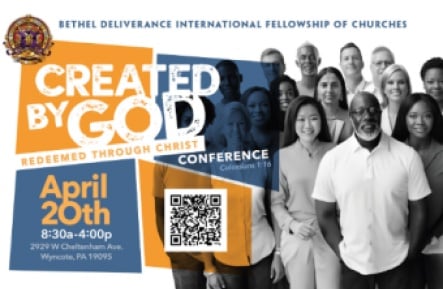
Created by God, Redeemed Through Christ Conference
Talking about Sexuality, Gender and the Power of the Gospel in the 21st Century Bethel Deliverance International Fellowship of Churches, in partnership with Harvest USA, invites you to attend this one day workshop focused on helping you more fully understand a biblical view of sexuality and how to effectively minister to men, women and families…





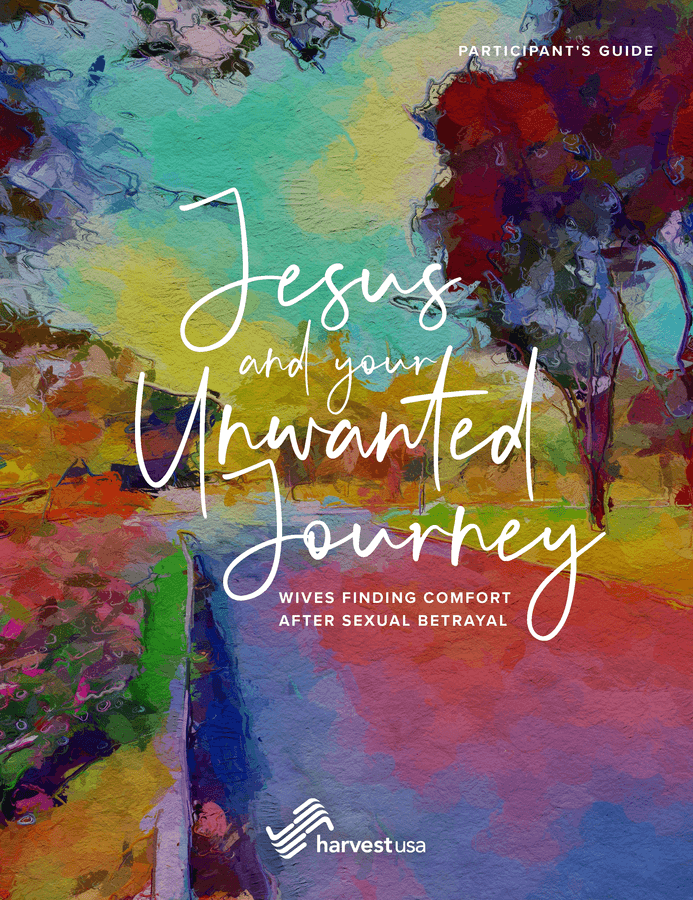


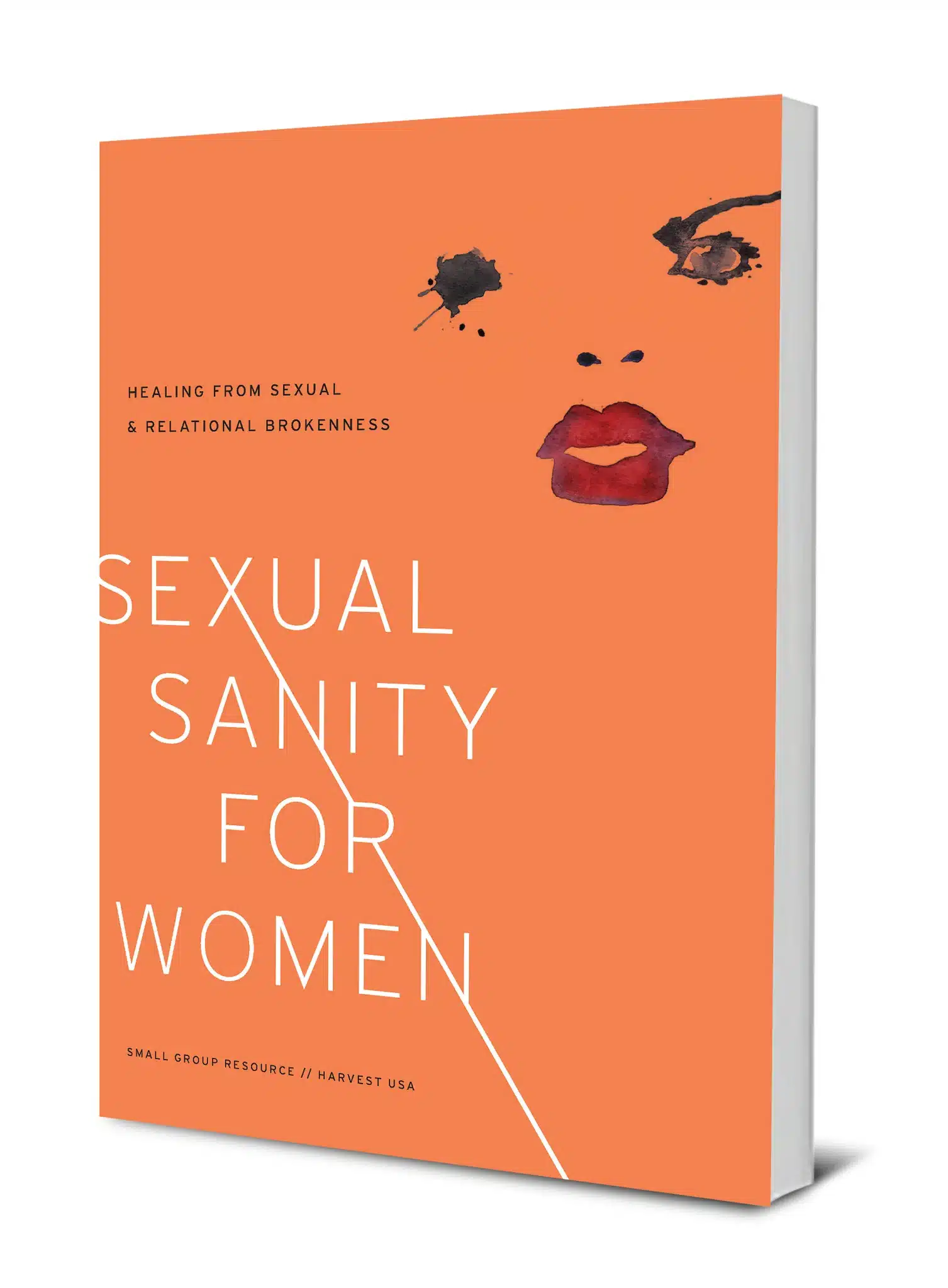
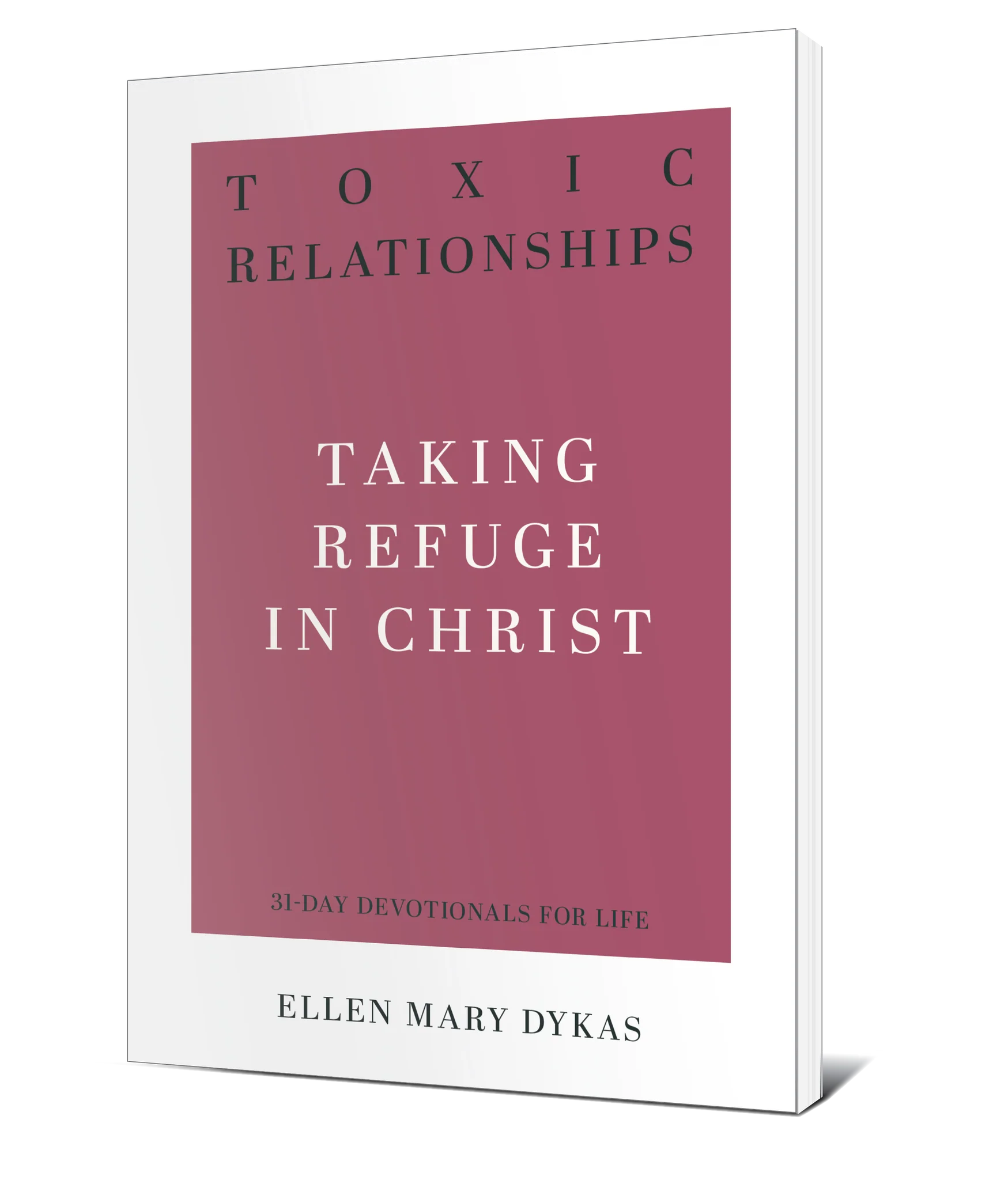






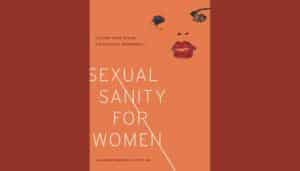











I Didn’t Sign Up For This: Expectations and Temptations
Ellen has often heard this phrase from both single and married women, young and old. When life is painful and we are face to face with our expectations crumbling, it’s common to pursue sexual sin—we “sign up for” it, if you will—as a way to avoid the pain of other circumstances. But it’s crucial for…






Once Codependent, Always Codependent?
If you struggle with codependency and obsessive attachments, take heart! The Lord can help you and change you. To learn more about this topic, consider purchasing Sex and the Single Girl: Smart Ways to Care for Your Heart or Your Dating Relationship and Your Sexual Past: How Much to Share by Ellen Dykas. When you buy…

Why a Christ-Centered Lens Is Important
“I, like many others in her life, wasn’t necessarily bumping up against a proud, coldhearted wall. No, I was experiencing Kara’s protective shield that had been built one piece at a time in response to a scary world…” To learn more about this topic, consider purchasing one of our resources, such as Helping Students with…


Desires: Stuff, Deny, Embrace… or Something Else?
Because of the heart transformation that happens through our union with Jesus, any desire can slowly come under the loving lordship and reign of King Jesus. To learn more about this topic, consider purchasing one of our books, God, You, and Sex by David White and Sexual Sanity for Women by Ellen Mary Dykas. When…


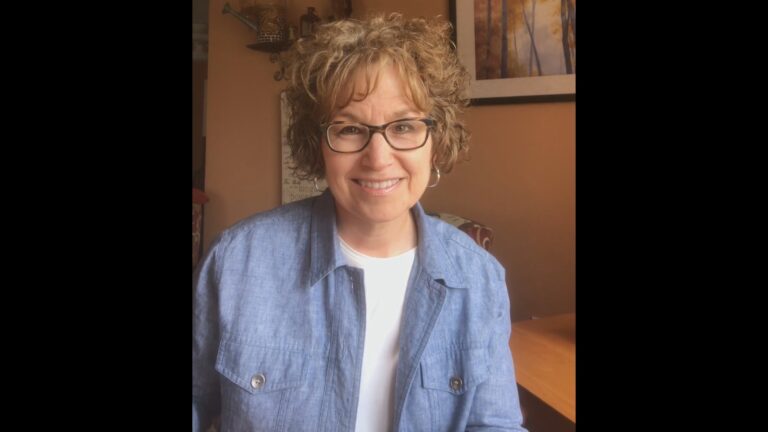
Our Ever-Present Help in Sexual Temptation
When sinful desires wage war against us, Jesus doesn’t slip away! Instead, he remains close to us as our ever-present help. To learn more about this topic, consider purchasing How to Say No When Your Body Says Yes: Finding True Satisfaction by Dan Wilson or Sex and the Single Girl: Smart Ways to Care for…



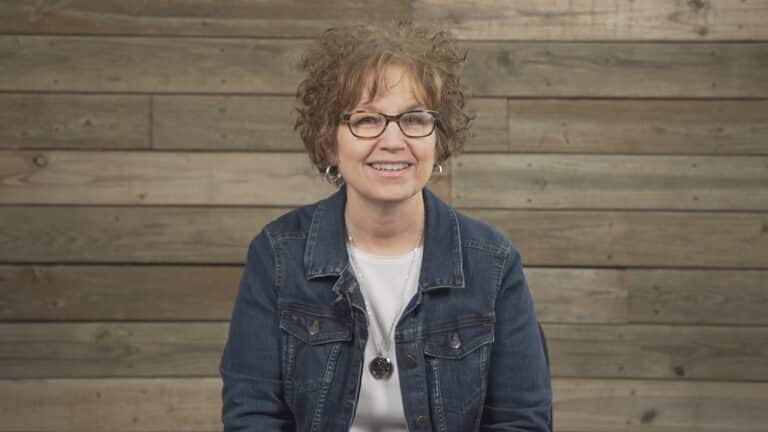
Transformed Hates and Loves
As our focus increasingly centers on the Lord, the more our desires become conformed to what he loves and hates. The idea here isn’t to focus on a list of sins, but rather to fix our affections on Christ, who reorders our desires by opening our eyes and hearts towards what is good and holy….

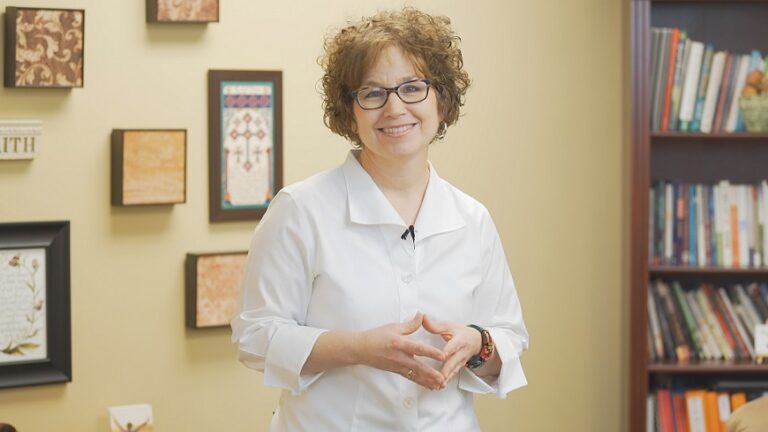
A Year-End Message from Mark Sanders and Ellen Dykas
As we head towards the end of the year, we want to share with you an aspect of Harvest USA that you don’t often get to see: Our office and where we live out our 36-year-old mission to offer the gospel of Jesus Christ, his grace and mercy, to men, women, parents and couples. Our…
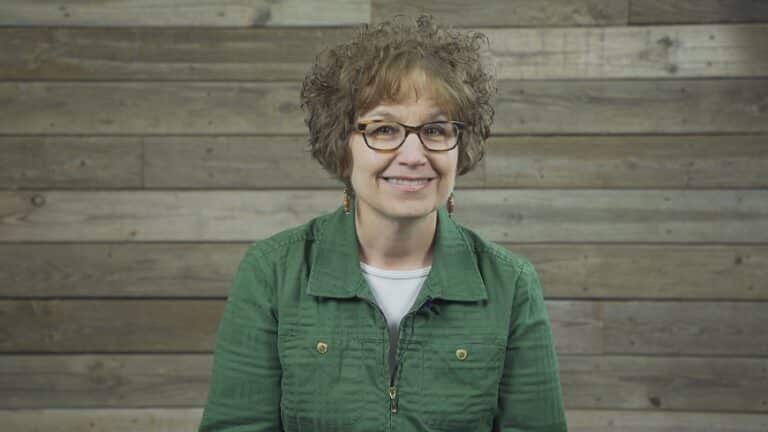
God’s Pruning Is Always Purposeful
God’s pruning isn’t an indication that he is rejecting or abandoning us. Instead, his pruning indicates that he is near. And in his nearness, he is working to sanctify us. In this video, Ellen Dykas reminds us that God’s pruning is always purposeful.

The Importance of Saying Yes to Jesus
In order to keep Christ enthroned in your desires, thoughts, and relationships, what do you need to keep saying YES to? To learn more, read Ellen Dykas’ accompanying blog, Learning to Say Yes and No.


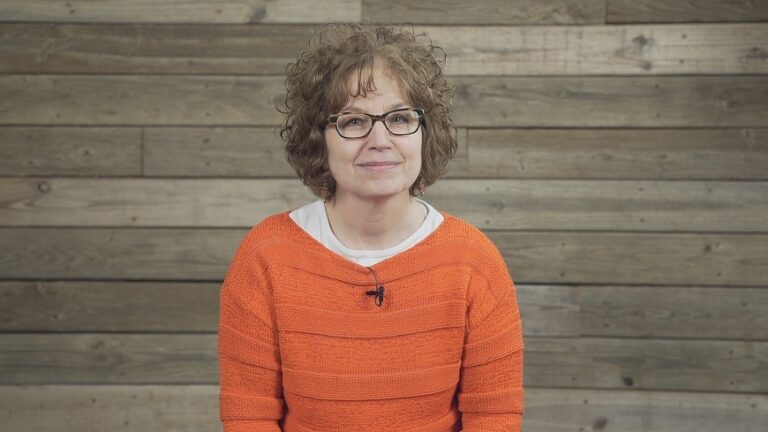
How Should I Handle Disappointments in My Relationships?
Relationships: We want so much from them, and when they fail to satisfy, they can crush us. We can spin off into deep disappointment and despair, and that can lead us down dark roads of self-destructive behavior. Listen to Ellen share three ways of rethinking disappointments that will encourage your heart and help you respond in…



How Does Jesus Call Us to Live as a Spiritual Family?
Sexual strugglers often feel isolated and alone, ashamed of their struggles, and fearful of rejection if they ask for help. But in the Body of Christ, the Church, Jesus opens wide his arms and calls every one of us his brothers and sisters and mothers and fathers. The Church is called to be a family…


How Can Church Leaders Help Hurting Wives?
It’s a weighty responsibility to shepherd God’s people. Ellen shares how Psalm 34 can instruct pastors and church leaders in wise ministry to hurting wives who are crushed by their husband’s sexual sins. To learn more, read Ellen’s accompanying blog: Wives and Porn and Busy Church Leaders.


When Do Friendships Between Women Become Codependent?
Good friendships in the Body of Christ are vital and necessary. And those friendships should be rich and deep. But sometimes there’s a danger lurking there: when one or both friends look to each other for what only Jesus can give us, then relational idolatry happens. Listen to Ellen talk about how to get yourself…

Why Couples Who Are Considering Marriage Need to Share Their Sexual History
In this video, Ellen Dykas explains how to begin talking about your sexual history and why it’s critical to discuss past and current sexual struggles before engagement and marriage. If you’d like to learn more, consider reading Ellen’s minibook, Your Dating Relationship and Your Sexual Past: How Much to Share. When you buy this minibook…


Can Men and Women Be Friends?
In the Church, men and women are brothers and sisters in Christ. This means we can relate to one another as friends by sharing life together and helping one another run the race of faith. To learn more about biblical friendship, read Aimee Byrd’s blog, “Does a Woman’s Sexuality Hinder her Capability for Friendship?” You…

What If I’m a Woman Who Struggles with Pornography?
In this video, Ellen talks about Jessica Harris’ blog, “My Problem Wasn’t Amish Romance Novels.” Many people think women do not have intense struggles with hard-core porn, but Jessica writes about her struggle and what women need to battle—and win—over addictive pornography struggles. You can read Jessica’s blog here. And you can read the entire Spring 2018 issue of harvestusa…

Women and Sexuality: What Are the Church’s Blind Spots?
In the lead article in our Spring 2018 harvestusa magazine, Ellen Dykas discusses three blind spots the Church has about women and their sexuality. What the Church doesn’t see, or what it chooses to ignore seeing, hurts women in their walk with Christ. Watch as Ellen raises these important issues, and then go read her…



What Should I Say to a Hurting Wife?
In the second part of this two-part blog on how to help wives whose husbands are looking at porn, Ellen gives five key things to say and do, at the beginning, to effectively help. Click here to read more on what Ellen is saying on her blog: Wives and Porn: What to Say or Do…

What Should I NOT Say to a Hurting Wife?
What to say to a friend who has discovered her husband has been looking at porn is important. What NOT to say is even more critical. Ellen gives five common remarks wives hear from friends and leaders, well-meaning comments that are anything but helpful and encouraging. Click here to Ellen’s blog, “Wives and Porn: What…



Why is it best for you to confess your own sin?
The wave of sexual misconduct allegations is something the likes of which we have not seen. There’s a lot of good coming out of this exposing of sin—terrible sin, overwhelmingly against women. Healing is happening because of this exposure. But a deeper healing is possible if only the offender would take the first step. After…


Emotional Affairs: When closeness becomes destructive – Part 3
Ending an emotional affair is hard. It can be so hard that some choose not to end it even when it’s clear that the relationship is wrong and doesn’t honor Christ. But there are practical steps you can take to know how to get through this process—and come out stronger on the other side. Go…

Emotional Affairs: When Closeness Becomes Destructive – Part 2
Now that you know the danger signs of being in an unhealthy emotional affair in Ellen’s first blog, what do you do now? Hear three key steps that Ellen gives on moving toward repentance and spiritual health. Go deeper on this subject in Ellen’s blog: Emotional Affairs: When closeness becomes destructive—Part 2



Emotional Affairs: When closeness becomes destructive – Part I
Friendships are great. We need them, and we are drawn to them. But some friendships can get too close, especially friendships that involve someone who is married to someone else. Do you know the warning signs if this is happening to you, or someone you know? Go deeper on this subject in Ellen’s blog: “Emotional…

A Couple’s Journey to Intimacy after Sexual Betrayal
It’s easy to fall in love, but to rebuild it after one spouse sexually sins has unique difficulties and challenges. Ellen interviews one couple who worked through the challenges and discovered how God knit them back together. Read Ellen’s complete interview with Drew and Tilina. And read the full version of our Spring 2017 harvestusa…



Rebuilding Sexual Intimacy After Sexual Betrayal
Pornography has destroyed countless marriages. Sexual sin of all kinds inflicts deep pain and damage. But in order to repair and restore the marriage, if possible, Ellen talks about four key things every couple needs to do. Read Ellen’s blog post on these key steps. And click here to read the full version of our…

Women: Running the race well—Part 4
In the Bible, living out one’s faith is sometimes referred to as a race. A race we are called to run well—and that includes living with our sexuality. Living a life of sexual integrity means that our focus needs to be on Jesus through every struggle we face and looking at the goal toward which…


Women: Running the race well—Part 3
In the Bible, living out one’s faith is sometimes referred to as a race. A race we are called to run well—and that includes living with our sexuality. Living a life of sexual integrity involves what Ellen calls “staying in our lane.” God has marked out a path for us, and it is in that…


Women: Running the race well—Part 2
In the Bible, living out one’s faith is sometimes referred to as a race. A race we are called to run well—and that includes living with our sexuality. Living a life of sexual integrity involves perseverance—and that is something Jesus enables us to do. Click the following link to dig deeper into what Ellen is…


Women: Running the race well—Part 1
In the Bible, living out one’s faith is sometimes referred to as a race. A race we are called to run well. One part of our life to run well is how we live with our sexuality. A life of sexual integrity doesn’t just happen—it takes serious steps to run this race well! Click here…


Being Single and Tempted: How can I avoid sexual sin?
Read Ellen’s blog on being single and dealing with temptation. These short videos and blog posts can be used as discussion starters in small group settings, mentoring relationships, men’s, and women’s groups etc.


Being Single and Tempted: Where is God in this?
Shame is a ruthless slave master, keeping us alone, isolated, broken with despair. Harvest USA’s ministry focus helps strugglers grasp the gospel of Jesus Christ, bringing his forgiveness to cover our shame, his power to engage the struggle and free us, and his community to end our isolation. Read Ellen Dykas’ related blog, Being Single…








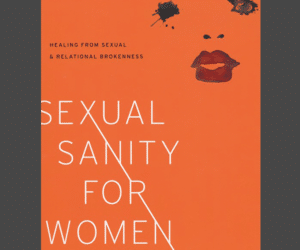































Why is it best for you to confess your own sin?
The wave of sexual misconduct allegations is something the likes of which we have not seen. There’s a lot of good coming out of this exposing of sin—terrible sin, overwhelmingly against women. Healing is happening because of this exposure. But a deeper healing is possible if only the offender would take the first step. After…